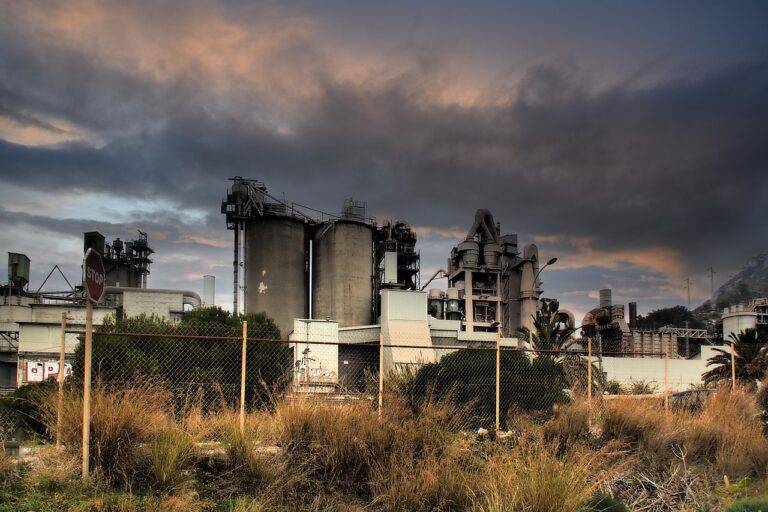The Impact of Urban Farming on Local Economies: Goldbet.com registration, Tiger exchange login, Betbook247
goldbet.com registration, tiger exchange login, betbook247: Urban farming has been gaining popularity in recent years as people seek more sustainable and locally sourced food options. Not only does urban farming provide fresh produce to city dwellers, but it also has a significant impact on local economies. In this article, we will explore the various ways in which urban farming influences local economies and why it is an important aspect of modern urban planning.
What is Urban Farming?
Urban farming refers to the practice of growing food in urban areas, such as on rooftops, vacant lots, or in community gardens. It is a sustainable and environmentally friendly way to produce fresh produce for local residents. Urban farming can take many forms, from small backyard gardens to large-scale commercial operations. In addition to providing fresh food, urban farming can also have a positive impact on local economies.
How Does Urban Farming Impact Local Economies?
1. Job Creation: One of the most significant impacts of urban farming on local economies is job creation. As urban farms expand, they require more labor to plant, harvest, and sell their produce. This creates employment opportunities for local residents, particularly those in underserved communities who may have difficulty finding jobs elsewhere.
2. Economic Development: Urban farming can also stimulate economic development in urban areas by revitalizing vacant lots and creating new businesses. As urban farms grow, they may attract other businesses, such as cafes, markets, or restaurants, that sell their produce. This can help to revitalize urban neighborhoods and create a more vibrant local economy.
3. Increased Property Values: Urban farming can also lead to increased property values in surrounding areas. Studies have shown that properties located near urban farms or community gardens tend to have higher resale values than those that are not. This is because urban farms can improve the aesthetics of a neighborhood and make it a more desirable place to live.
4. Food Security: Urban farming can also improve food security in urban areas by providing residents with a local and sustainable source of fresh produce. This can help to reduce food deserts, where residents have limited access to healthy and affordable food options. By increasing access to fresh produce, urban farming can improve the overall health and well-being of local residents.
5. Environmental Benefits: In addition to its economic impact, urban farming also has environmental benefits. By growing food locally, urban farms reduce the need for long-distance transportation and the associated greenhouse gas emissions. They also help to promote biodiversity and reduce the urban heat island effect by providing green spaces in cities.
6. Community Building: Urban farming can also help to build stronger and more connected communities. By bringing residents together to work towards a common goal, urban farms create a sense of community and belonging. This can lead to increased social cohesion and a greater sense of pride in the neighborhood.
In conclusion, urban farming has a significant impact on local economies by creating jobs, stimulating economic development, increasing property values, improving food security, and providing environmental benefits. As cities continue to grow and expand, urban farming will play an increasingly important role in creating sustainable and resilient urban food systems. It is essential for city planners and policymakers to support and promote urban farming as a key component of modern urban planning.
FAQs
Q: Can anyone start an urban farm in their city?
A: Yes, anyone can start an urban farm in their city, whether it be in their backyard or in a community garden. However, it is essential to check local regulations and zoning laws before starting an urban farm to ensure compliance with city ordinances.
Q: How can urban farming help to address food insecurity in urban areas?
A: Urban farming can help to address food insecurity in urban areas by providing residents with a local and sustainable source of fresh produce. By increasing access to healthy and affordable food options, urban farming can help to reduce food deserts and improve the overall health of local residents.
Q: What are some challenges faced by urban farmers?
A: Some challenges faced by urban farmers include access to land, water, and resources, as well as navigating complex regulatory environments. Urban farmers may also face challenges related to pests, soil quality, and limited space for growing crops. However, with the right support and resources, urban farmers can overcome these challenges and be successful in their endeavors.







